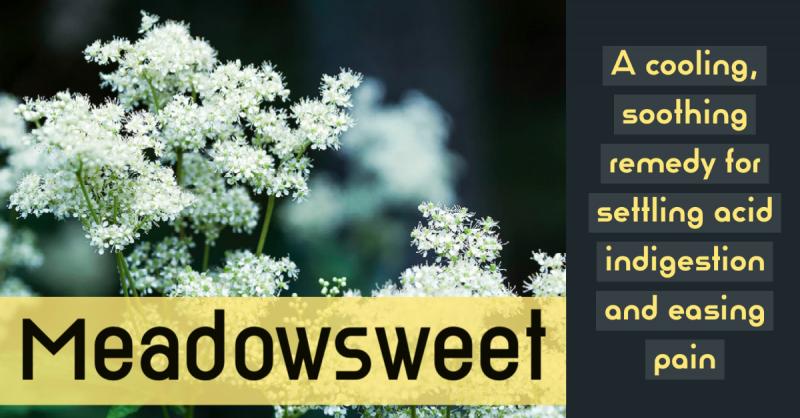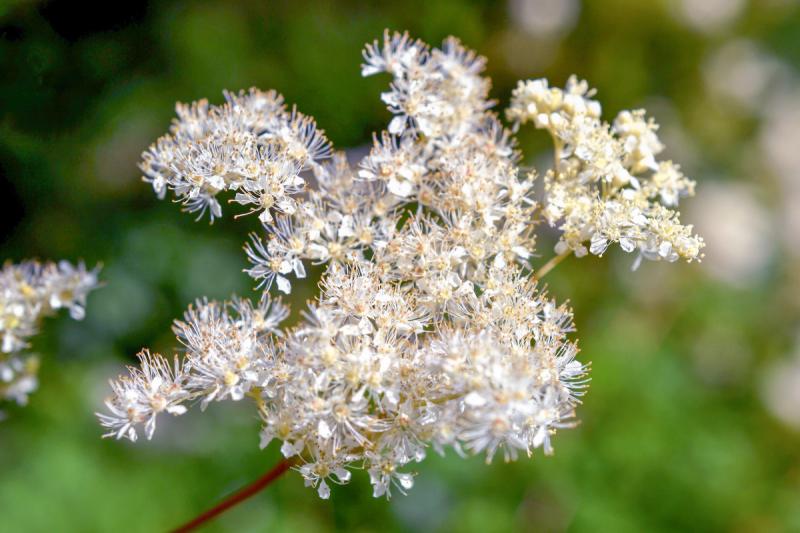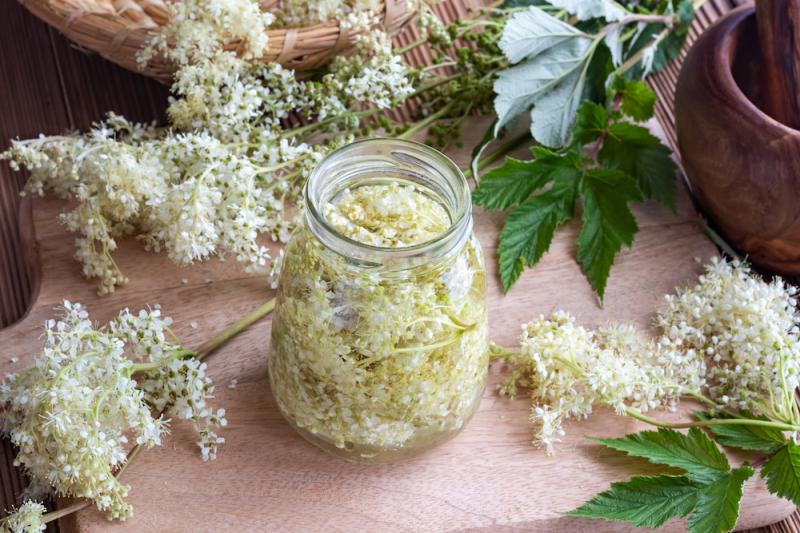 Modern science has helped us understand the chemistry of many plants, but it tends to view plants primarily through this lens. For example, willow bark, aspen, poplar, wintergreen, and black cohosh all contain various forms of salicylates, the plant precursor to modern aspirin. And because modern medicine primarily values plants based on their chemical constituents all of these plants might be seen as simple pain relievers and inflammation reducers.
Modern science has helped us understand the chemistry of many plants, but it tends to view plants primarily through this lens. For example, willow bark, aspen, poplar, wintergreen, and black cohosh all contain various forms of salicylates, the plant precursor to modern aspirin. And because modern medicine primarily values plants based on their chemical constituents all of these plants might be seen as simple pain relievers and inflammation reducers.
And while these salicylate-bearing herbs can be used to ease pain and reduce inflammation, they all have their own unique properties and uses. Trying to understand the action of an herb based on one constituent is like trying to understand the taste of a recipe based on one ingredient. Chocolate cake and vanilla ice cream are both sweet because they contain sugar, but they are vastly different in texture and flavor!
So, it is with meadowsweet. This member of the rose family contains these natural analgesic compounds and aspirin even gets its name from the old genus name for these plants, Spirea. But, while meadowsweet has been used for headaches and arthritic pain, like aspirin, it has some very different properties.
Meadowsweet for Digestive Upset
 Aspirin is irritating to the stomach. In fact, some of aspirin’s main side effects are dyspepsia, bleeding in the GI tract, heartburn, and ulceration.
Aspirin is irritating to the stomach. In fact, some of aspirin’s main side effects are dyspepsia, bleeding in the GI tract, heartburn, and ulceration.
Meadowsweet, on the other hand, is actually settling to the stomach. It can reduce stomach irritation, neutralize excess acidity, and help to heal peptic ulcers. In fact, meadowsweet’s affinity for the digestive tract makes it a particularly useful analgesic for pain in the stomach or intestines.
My first experience with meadowsweet was adding it in equal parts to the famous digestive duo, catnip and fennel. I called this trio Super Catnip & Fennel, but I could have just as easily called it Adult Strength Catnip & Fennel because it had a stronger action against acid indigestion and colic in adults. Although, I'm glad I didn't because it was also very useful for kids.
I made an even more potent formula using a smaller amount of peppermint and lobelia, which worked on very severe colic, cramping, bloating, gas, and acid indigestion. If you want to try making some, you can do what I did and just mix glycerites of these herbs together in the following ratios.
Super Catnip & Fennel
- 1 part Catnip
- 1 part Fennel
- 1 part Meadowsweet
Extra Strength Super Catnip & Fennel
- 2 parts Catnip
- 2 parts Fennel
- 2 parts Meadowsweet
- 1 part Peppermint
- 1 part Lobelia
Meadowsweet has an astringent quality because it contains tannins, which makes it helpful for diarrhea, especially in children. It's also a useful herb for arthritis and other structural problems, because it also contains silica, magnesium, vitamin C, and quercetin and because it promotes healing in addition to helping ease pain and reducing inflammation. It can also be used topically for wounds and skin ulcerations.
Using Meadowsweet

Meadowsweet can be taken as a tea or tincture, but it also works well as a glycerite. You can use the flowers and leaves (ariel parts) as a fresh poultice, or dry them for later use. In commercial formulas, it's typically used in blends for pain and inflammation but has also been used in formulas for urinary problems, PMS, and headaches, including migraines.
In her book Flower Power, Anne McIntyre suggests that a flower essence of meadowsweet can help relax tension in the head and neck, causing headaches, and help a person feel relaxed and peaceful, "as on a lazy summer's day on the banks [of a stream] where the plant grows." In other words, it helps you feel like you would laying in a sweet meadow with grass and flowers all around. Since digestive upset and headaches are usually caused by tension, I'd guess the herb carries some of the same relaxing qualities, easing the underlying stress behind upset stomachs, headaches, and other forms of pain.
So while you can use most herbs containing salicylates to help relieve pain and reduce inflammation in a pinch, you can see that getting to know an herb as a whole will help you use it more effectively.
Downloads
Steven's Articles
-

-
Teasel
A traditional herb for healing injured bones and…
-

-
Barberry and Healthy Personal Boundaries
A thorny shrub for fighting infections and supporting…
December
-

-
The Evidence for Berberine
A yellow alkaloid found in traditional infection-fighting…
-

-
The Sensible Use of Caffeinated Herbs
Kola nuts, guarana, and yerba mate and other herbs…
-

-
The Health Benefits and Problems with Coffee
This popular caffeinated beverage can be beneficial…
October
-

-
Understanding Caffeine & Cellular Adaptation
Preserving the power of caffeine's buzz and the…
September
-

-
Horseradish
A pungent spice for aiding protein metabolism…
-

-
Banaba or Crepe Myrtle
A beautiful tree from Southeast Asia whose leaves…
August
-

-
Monkeyflowers
Flower essences to help see ourselves more clearly…
-

-
Mariposa Lilies
Strengthening the bond between mother and child…
-

-
The Noble Bay Leaf
A common kitchen herb for aiding digestion and…
-

-
Epimedium: Horny Goat Weed
A circulatory stimulant and kidney yang tonic…
July
-

-
The Medicinal and Nutritional Benefits of Apricots
A nutritious fruit and valuable medicinal seed for coughs
-

-
Dogwoods
Asian dogwood is used to stop excessive discharge,…
June
-

-
Neem: The Village Pharmacy
A popular Ayurvedic remedy for dental and immune…

